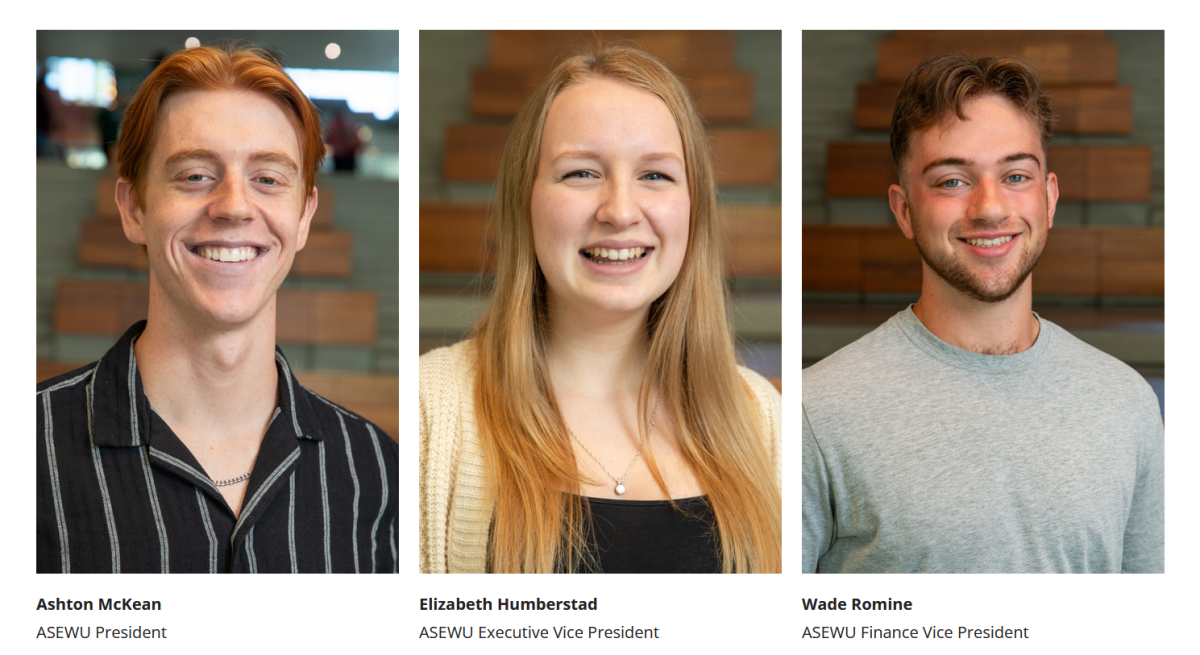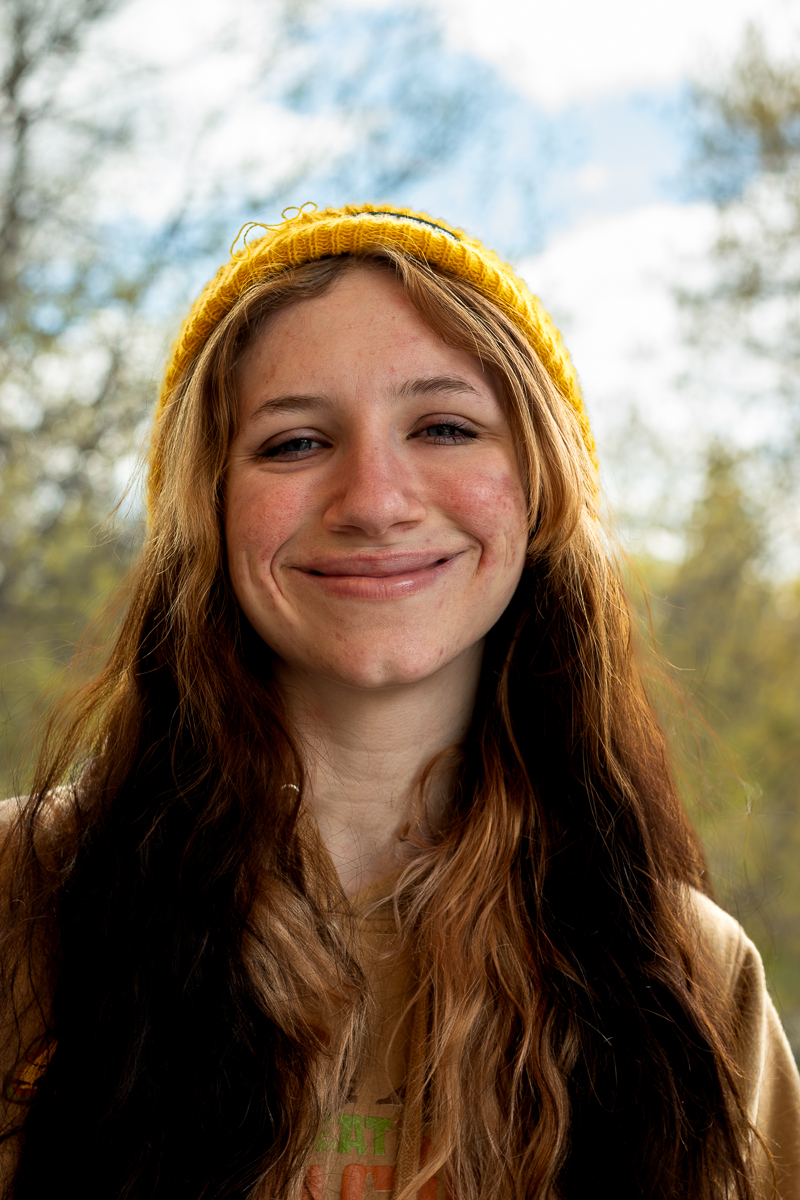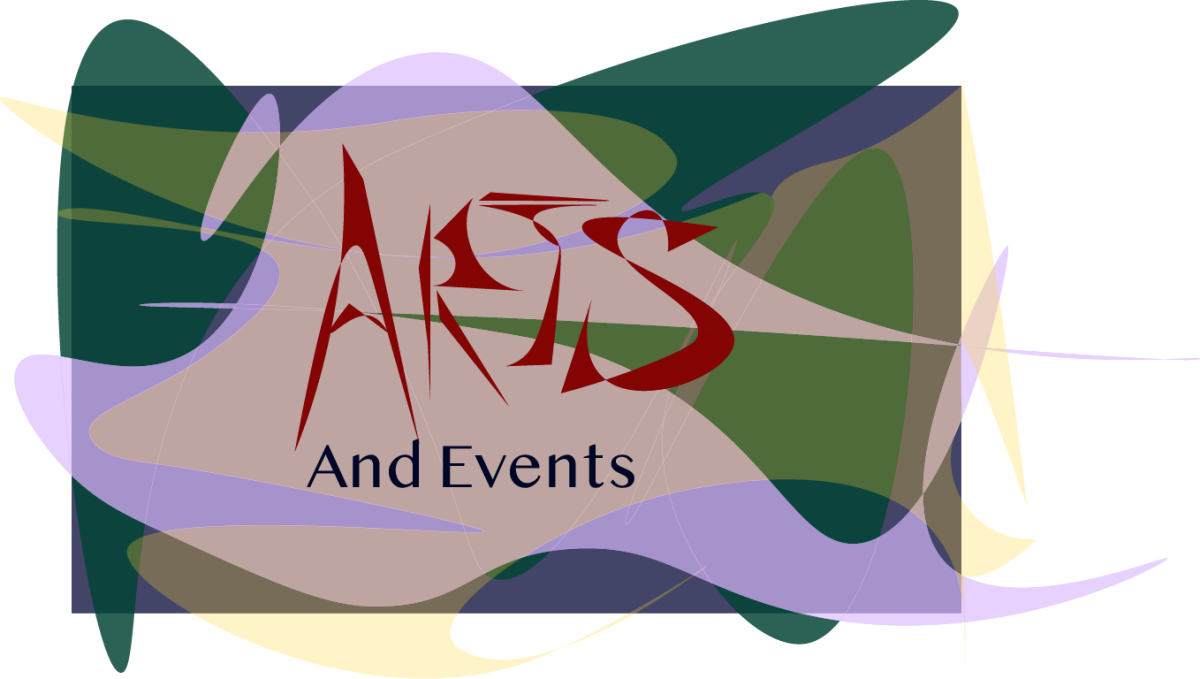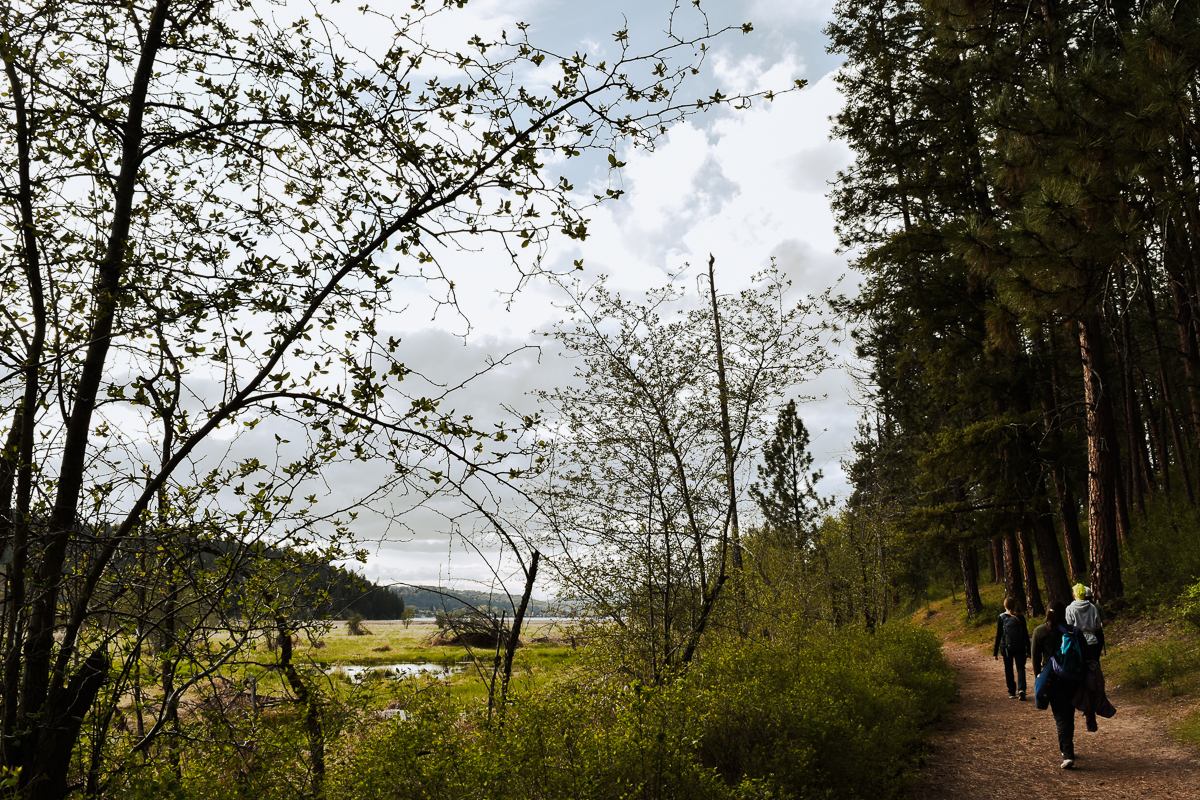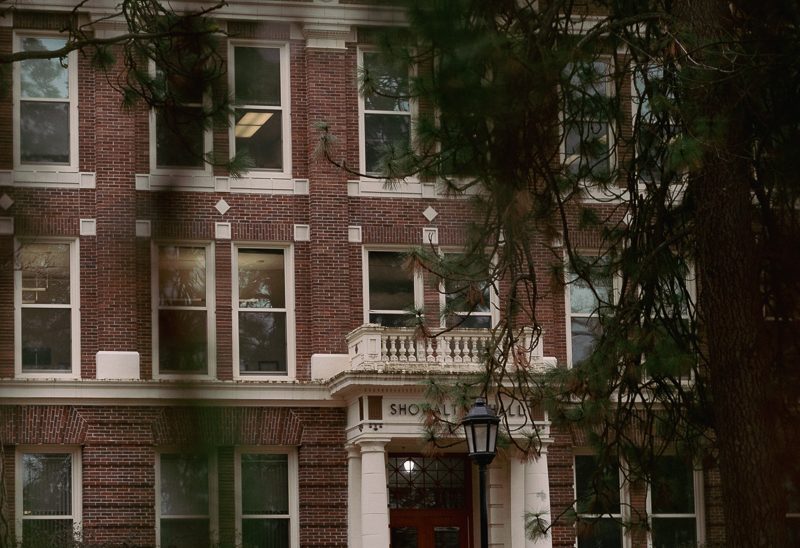
Blaine Nicholls plays John Keats and Nicki Meyer plays Fanny Brawne in the “Ode” play.
Written By Paul Sell
Staff Reporter
p.robert.sell@gmail.com
John Keats is a poet who has lost most of his family to disease, and the ones that he has not lost are either off in another country or he does not keep in regular contact, leading Keats down a lonely road where he adopts the phrase, “a true poet has no identity.”
The story of “Ode,” performed by the EWU theatre department, follows Keats, as he meets passionate and fiercely independent Fanny Brawne and attempts to find a new source of inspiration for his poems, while possibly filling the gap that his family left behind.
“Ode” was written by EWU professor of fine arts Jonathan Johnson, who has written two books of poems and another nonfiction book. This is also the first time that anyone has attempted to adapt “Ode” into a play, meaning everyone was in entirely new territory with this piece, which led to a superbly acted and breathtaking piece of theater.
While I didn’t know what to expect going into “Ode,” I came out of the play genuinely pleased at how well put together and thought out this production was. Upon the play’s end, the audience reacted with a standing ovation and applause, which I participated in as it felt necessary to applaud a masterful performance.
Though I don’t have an eye for plays, I can tell when actors and writers have put much effort and heart into their work to make for an experience that others won’t forget anytime soon. “Ode” is no exception to that either.
What leapt out of the play and begged to be noticed was the character of Keats and how he wants the audience to see him. “Ode” shows that there is more to a poet than just the poems. His innermost thoughts are given throughout the play as poems after every major scene.
At first, I thought these transitional scenes would become tedious and repetitive, but I was proved wrong by the dynamic and ever changing lighting of Keats, as well as Blaine Nicholls, who plays Keats.
Nicholls is the glue that holds the show together. Never at any point in the play did it feel like an actor was playing a character on stage. It really did feel like Nicholls had been possessed by Keats and that we were watching his real life unfold before our eyes.
“The play felt like we were watching the life of Keats,” said Ryan Hartwell, who ushered the performance. “[W]e were getting a peek at his innermost thoughts, and that this is not just a poet, but a man.”
Nicholls brings emotion and subtlety to someone who believes that he has no identity. When Keats is at a social gathering, the stage is set up with the party in front and Keats’ dying brother pushed to the side, showing that he’s in a different location. During the party, Nicholls constantly looks towards the brother to show the love and care he has for one of the last members of his family.
“It really felt like we got to see everything that was going on inside of Keats’ mind,” said Arri Cinocco, who attended the play.
Yet Nicholls was not the only actor to give a standout performance. Paden Vance, as Keats’ dying brother Tom, was both heart warming and tragic, while also giving the audience a smile or two. Dave Logghe, as Charles Brown, a good friend of Keats, was normally the comic relief but also had his fair share of moments where he cared for his friend.
Nicki Meyer, who plays Fanny Brawne, gives off an air of power and strength in her role. Meyer’s voice is booming and gives Brawne the character that others will remember. At times, her voice can be quiet and calming, but then can become loud and powerful to give meaning to her words.
“The way that the actors brought these characters to a whole new reality is what I’ll take away from this show,” said Kasiy Fowler, who attended the play.
As I walked away from the theater, I couldn’t help but look back and admire how this cast and crew had managed to transport the audience back to 1818, and let them see how these interesting and assorted characters lived and behaved.
After the play’s end, author Jonathan Johnson stood up on a nearby chair to address the cast and crew and said, “On behalf of these real human beings who lived, that was beautiful.”
The EWU Theatre Department will have three more showings of “Ode.” The first will be March 14 at 5 p.m. The remaining two will be on March 15 and 16 at 7:30 p.m. Admission is free for EWU students, but $10 for everyone else. Persons with special needs or for reservations, please contact the EWU Theatre Department at 359-2459.




